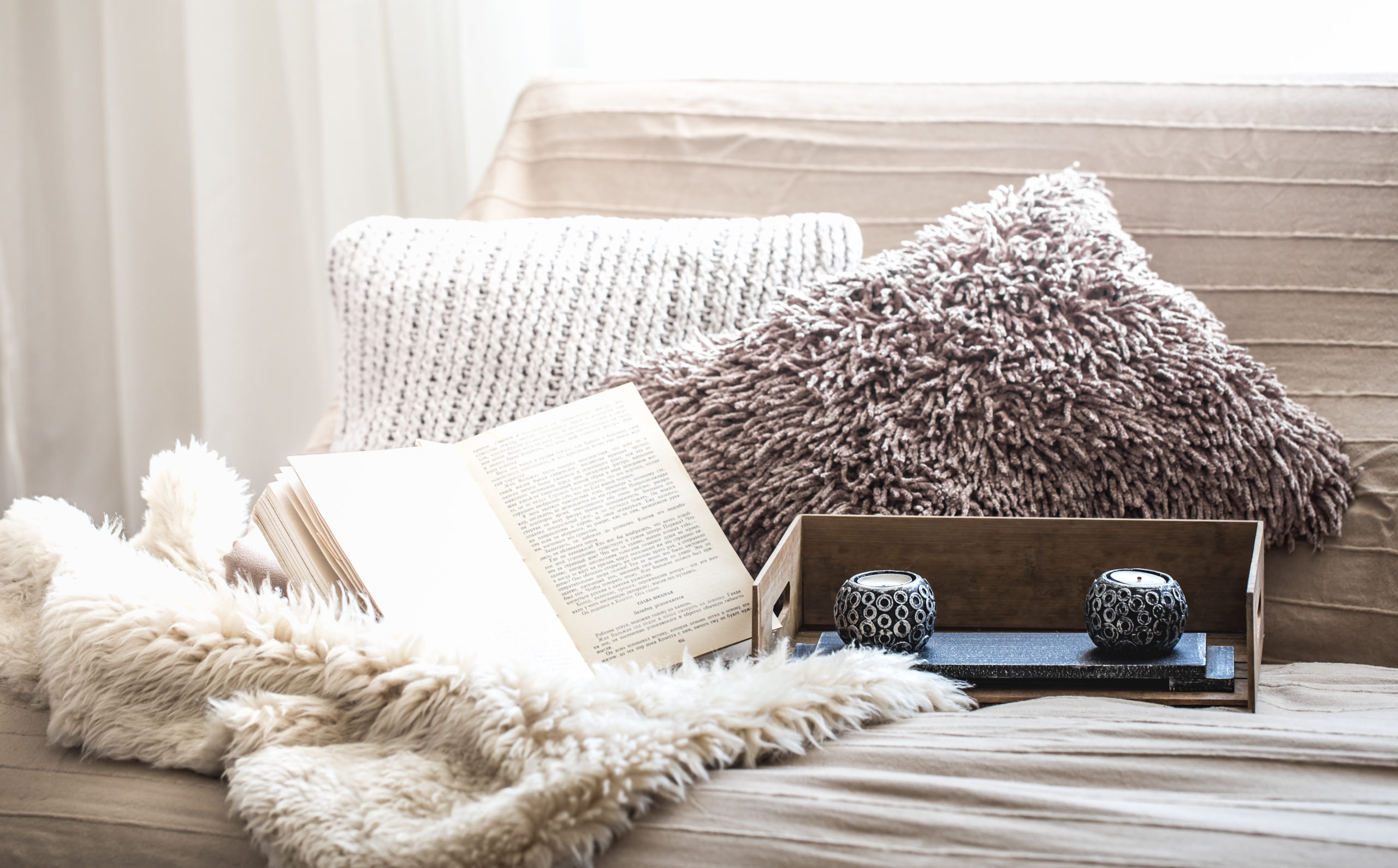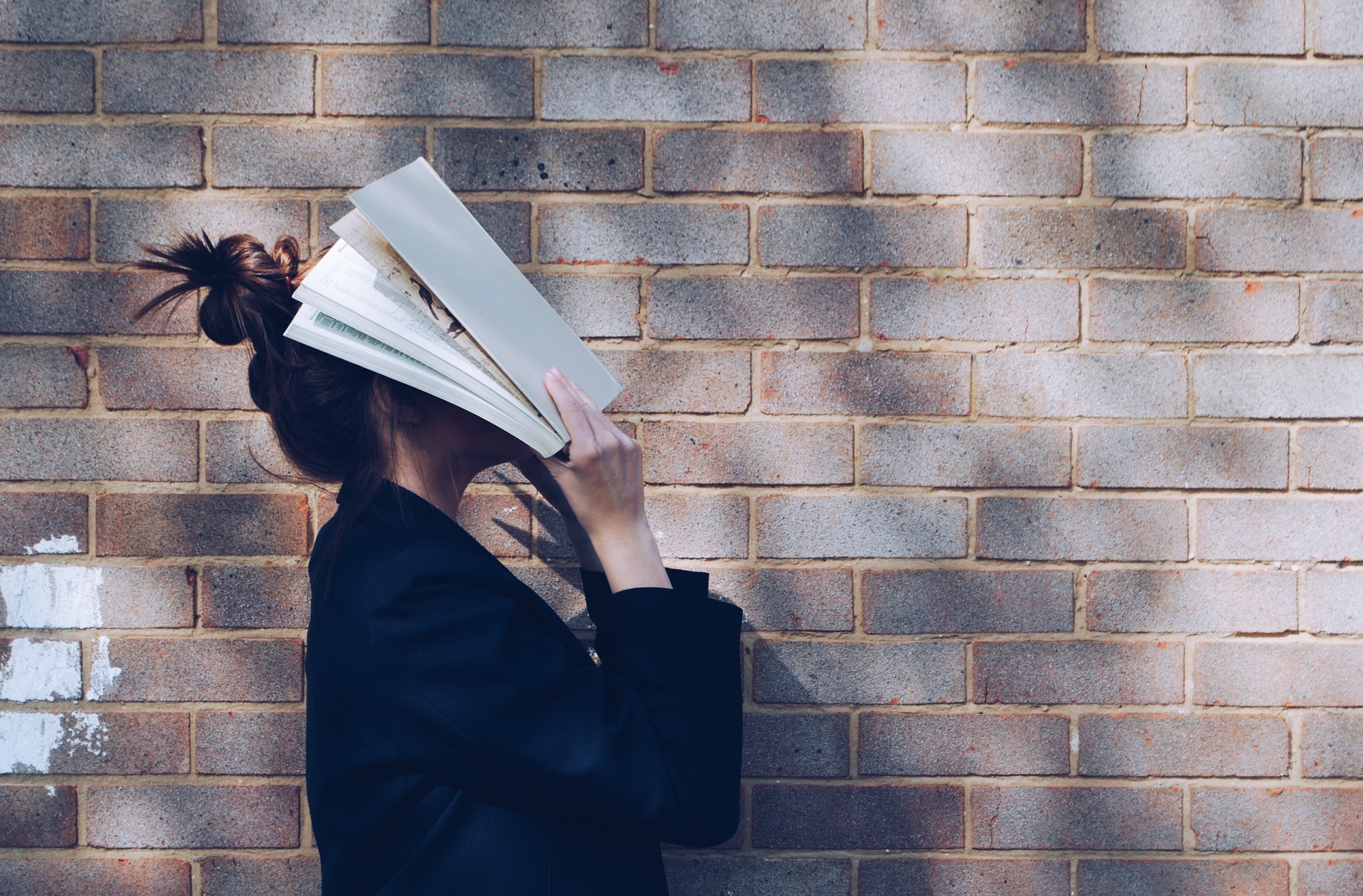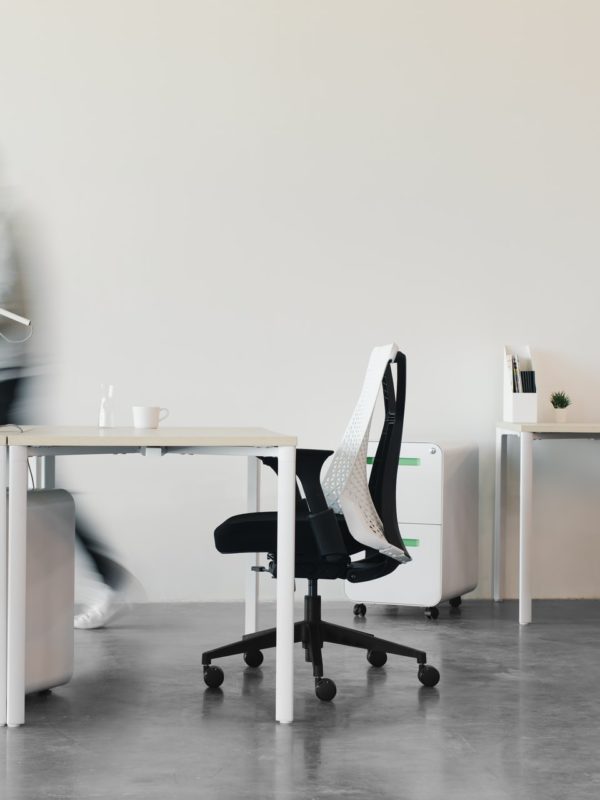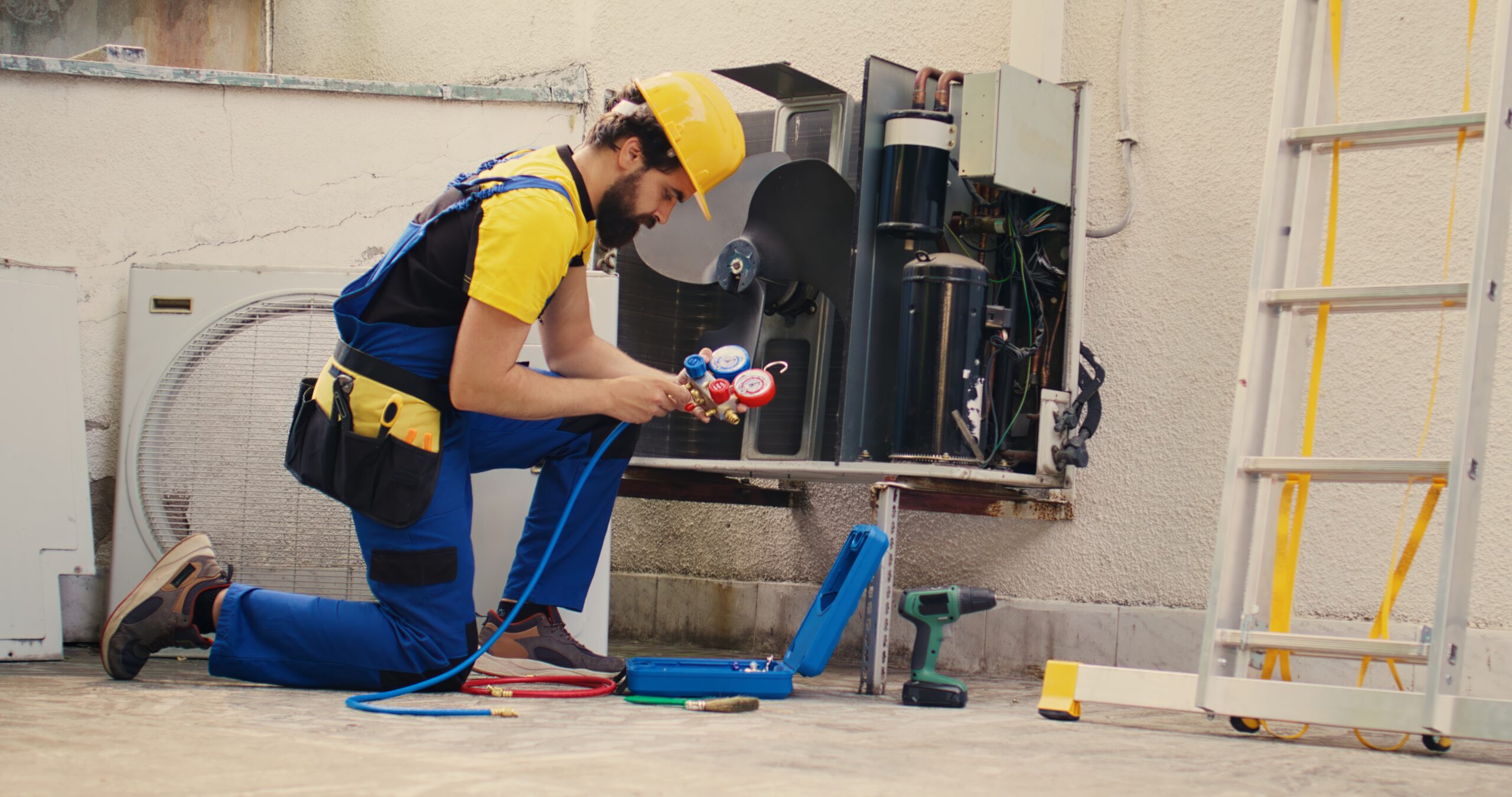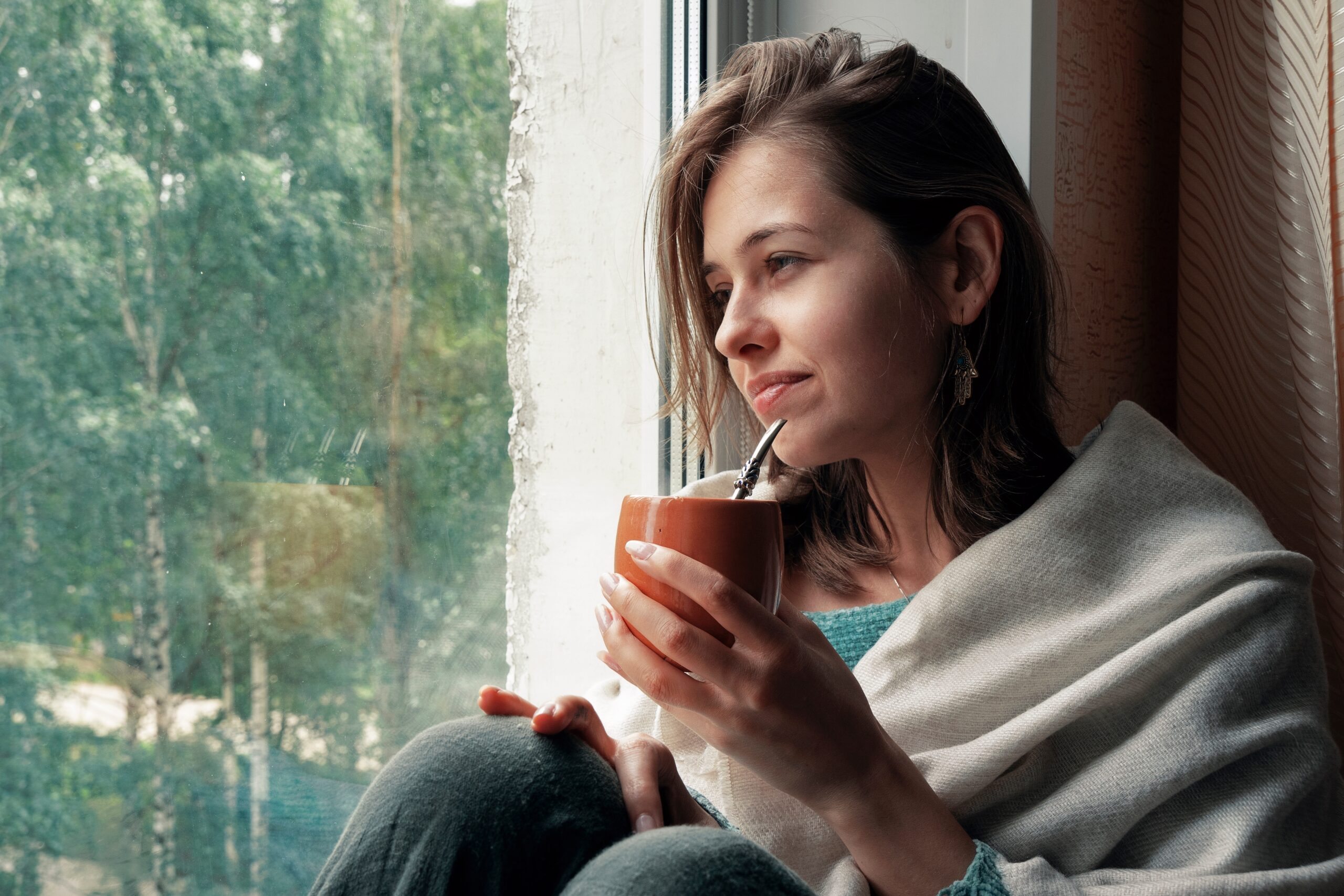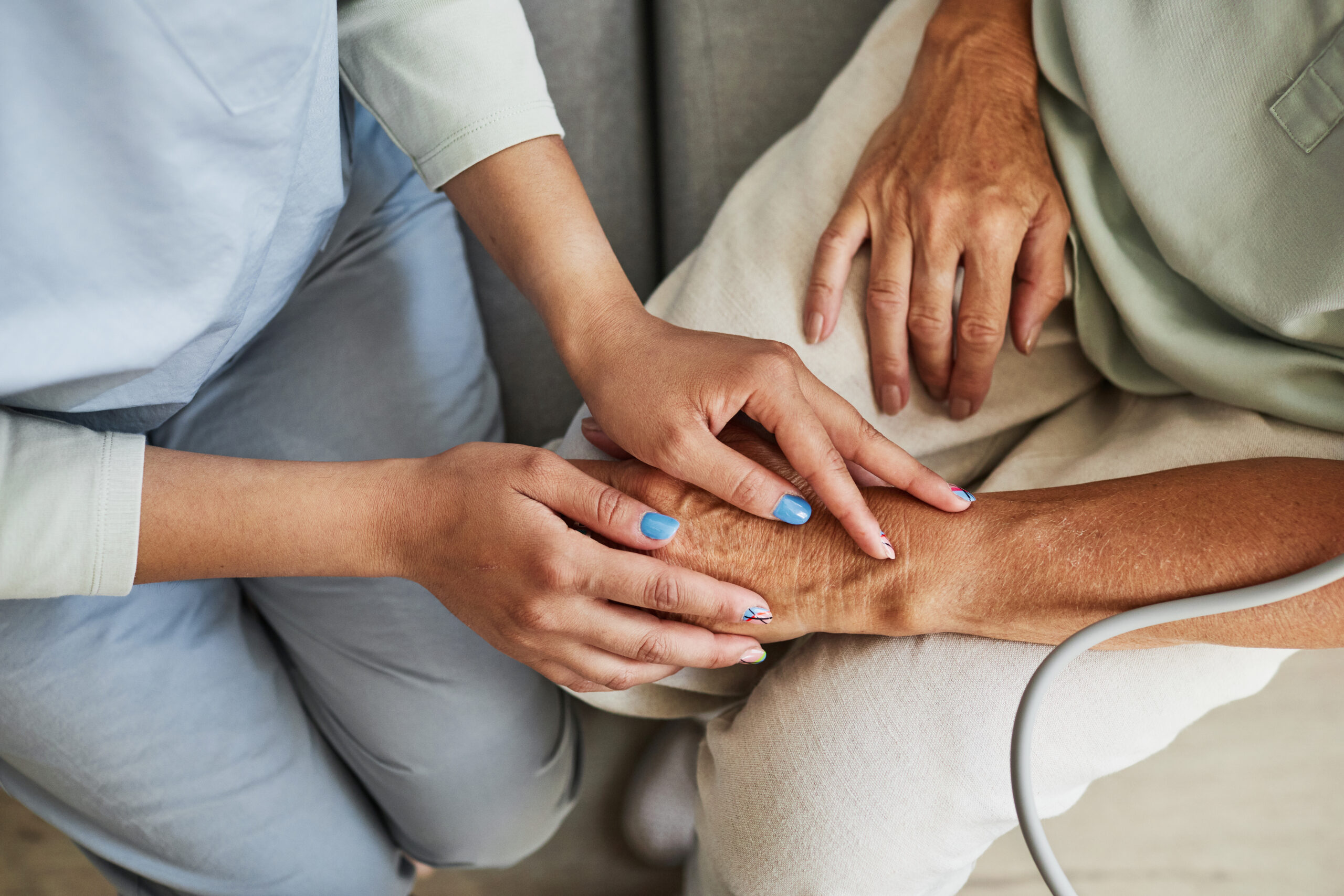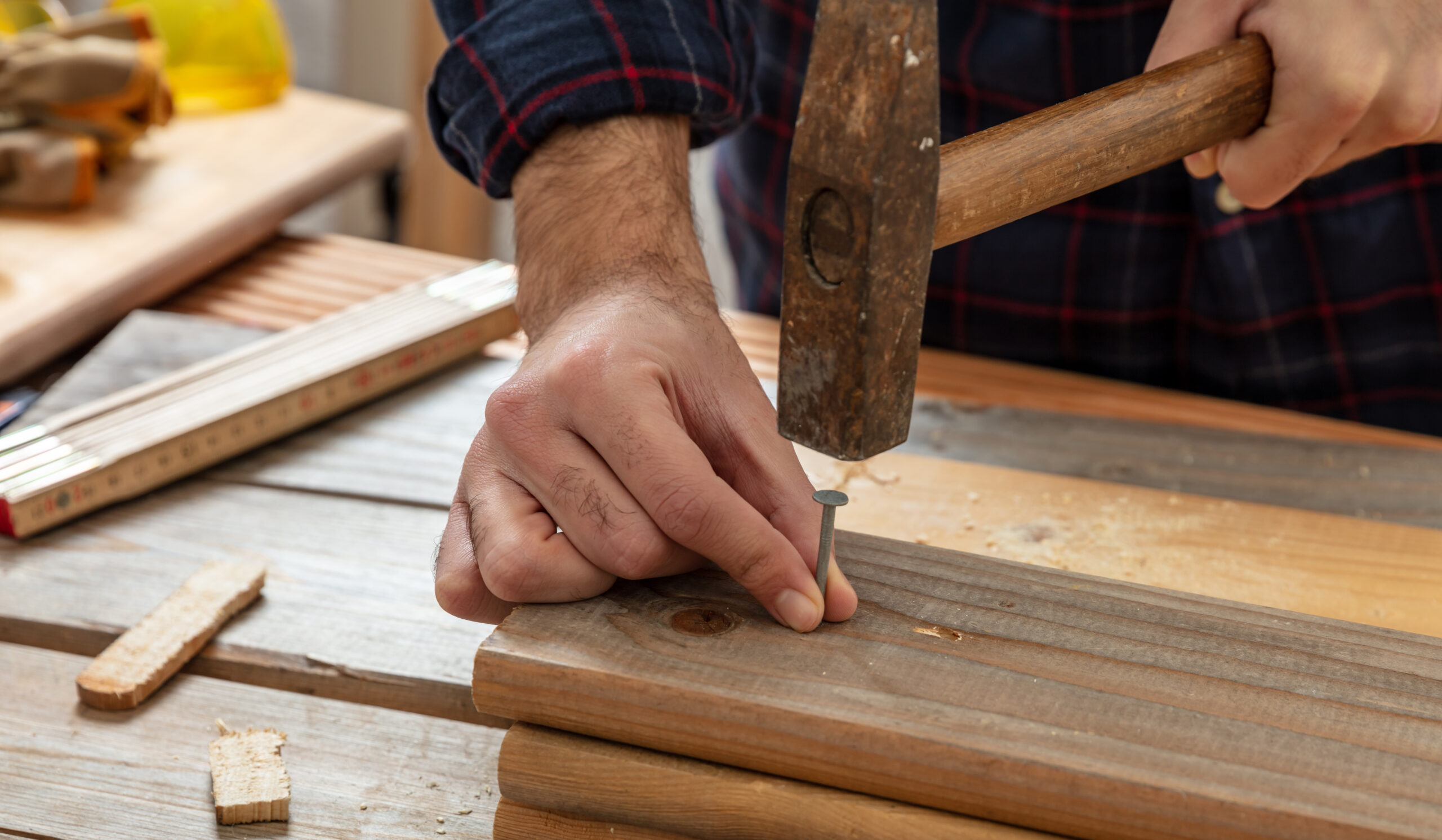Anxiety is something that affec all over the United States. Whether you feel anxious every day or only experience anxiety when certain life events come to the surface, it’s normal and happens to most people at one point or another in their life. Of course, this fact alone won’t make you feel better about the anxious feelings you are experiencing.
It’s important to understand your body and do what it takes to relax when you’re feeling this way. Feelings of restlessness, apprehension, insomnia, and the inability to relax can take a toll on your overall health over time.
If you’re experiencing anxiety over a number of years, high levels of cortisol (which is a hormone related to stress) can negatively impact your body’s natural response to stress. This is just one example of the importance of finding ways to relax when you’re feeling the side effects of anxiety.
We’re going to go over five easy ways you can implement into your life when you’re feeling stressed out and anxious.
1. A little exercise can go a long way.

Exercise naturally reduces your body’s level of stress hormones. Not only will exercise help you get better sleep at night due to the physical exertion, but it also produces high levels of endorphins, which are your body’s natural painkillers and mood elevators. It’s a great natural remedy for stress and also helps you stay in shape in the long run.
From light aerobic exercise to running and even yoga, working just 30 minutes of exercise into your daily routine is a great place to start. It’s a good idea to get into the habit of working out at a certain time each day so you can get a feel for it and figure out what the best routine is to fit into your schedule.
Many people prefer working out first thing in the morning to start their day off on the right foot, while others prefer working out at night before their bedtime so the workout can act as a natural sedative and help to get a good night’s sleep.
2. Natural supplements can help relieve symptoms of anxiety.

It’s no secret that taking natural supplements to help with any health condition you might be experiencing is on the rise. More and more people are relying on natural supplements today, rather than prescription drugs and sleeping pills, which can sometimes act as masks for underlying conditions that are causing the insomnia or anxiety.
For example, many women who experience the negative side effects of menopause have been relying on supplements such as all natural fiber to help with energy levels and mood improvement. The potential benefits seem to be limitless when it comes to using natural supplements. Whether you are trying to achieve better sleep habits or symptoms of depression, there is most likely a natural supplement that can help you.
Not only will you decrease the amount of money you might be paying for medical supplies, but you can have more peace of mind with the fact you aren’t pumping synthetic chemicals into your body. You should always talk to a doctor about dosage and side effects before taking any supplements for the first time.
3. Sometimes a little more sleep is all you need.

Sleep does wonders for our bodies. It might seem simple, but getting a good night’s sleep can help with many health conditions, whether they’re physical, mental, or even emotional. There are several natural supplements you can take to help with your sleeping patterns when it comes to winding down for the night. Many people who experience anxiety report feelings of restlessness right when their head hits the pillow.
From essential oils like chamomile and lavender to herbal supplements and Melatonin, you’ll be sure to see a difference in your sleeping patterns. There’s several things that can act as a sleep aid for women and men, but it looks different for everyone depending on their body and lifestyle.
If you suffer from a more severe type of chronic insomnia and the natural supplements don’t seem to do the trick, you might benefit from a consultation with a sleep specialist who can help you figure out what the underlying issue is and get you back on a sleep schedule.
4. Practicing meditation is on the rise.

If you’ve never tried meditating to help you de-stress and relieve symptoms of anxiety, you are missing out. Meditation can be great for your general health, sleep deprivation, racing thoughts, and many more medical conditions you might be experiencing. It can be as simple as sitting still and focusing on one thought in your mind for a prolonged period of time.
Meditation can take some practice in the beginning, especially if you find yourself switching back and forth between all the things that typically cause you to worry during the day. Over time you’ll find the process of meditating becomes easier and almost second nature. Meditation can be one of the most relaxing ways to relax and get rid of those restless feelings.
5. Productivity can shift your focus.

For someone who is stressed out about their work load throughout the day, this might not be something they want to hear. The truth is, one of the best ways to cure anxiety about inaction is to take action. Humans often spend more time stressing out about the things they need to accomplish and get done in their lives than they do actually getting these things done.
It’s helpful to make a to-do list and get through the most difficult tasks first. It not only give a feeling of accomplishment, but it will help you de-stress by eliminating the things that might be stressing you out.



